-
×
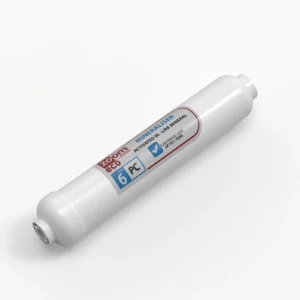 Zoom T33 Activated Carbon Cartridge
2,5 ر.ع.
Zoom T33 Activated Carbon Cartridge
2,5 ر.ع. -
×
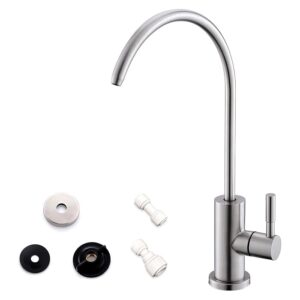 Stainless Steel RO Faucet
5,0 ر.ع.
Stainless Steel RO Faucet
5,0 ر.ع. -
×
 Zoom Ice Maker, Water Cooler, and Heater
135,0 ر.ع.
Zoom Ice Maker, Water Cooler, and Heater
135,0 ر.ع. -
×
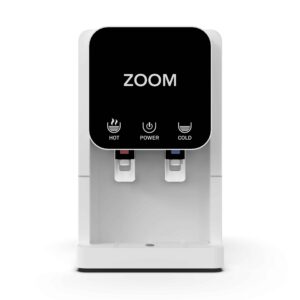 Zoom Eco Cooler and Water Filter
120,0 ر.ع.
Zoom Eco Cooler and Water Filter
120,0 ر.ع. -
×
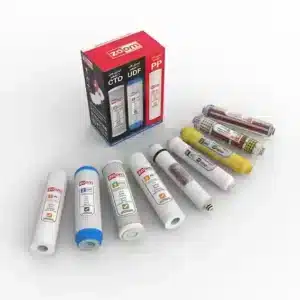 Zoom Economic Filter Replacement Cartridge Pack
20,0 ر.ع.
Zoom Economic Filter Replacement Cartridge Pack
20,0 ر.ع. -
×
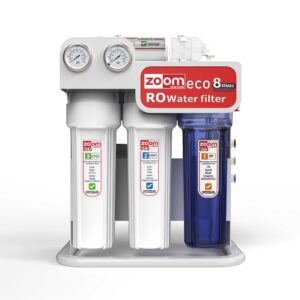 Zoom Eco Water Filter 8 Stages
58,0 ر.ع.
Zoom Eco Water Filter 8 Stages
58,0 ر.ع.
Zoom T33 Activated Carbon Cartridge
2,5 ر.ع.
Zoom T33 Activated Carbon Cartridge
The Zoom T33 cartridge uses high-efficiency activated carbon technology to remove impurities, chlorine, and sediments, enhancing water taste and purity. Its compact design allows for easy installation and compatibility with various filtration systems, providing you with pure and healthy water every day.
Category: CARTRIDGE
Tags: 7 stage water filter, cartridge pack, Home Water Solutions, RO System, Water Filter, Water Purifier, zoom cartridge
Brand: ZOOM WATER FILTER
Product Description: Zoom T33 Activated Carbon Cartridge
The Zoom T33 Activated Carbon Cartridge is highly effective in improving water quality and purification. This cartridge utilizes premium activated carbon technology to remove impurities, sediments, chlorine, and unwanted odors from water, making it an ideal choice for enhancing taste and purity.
Key Specifications:
- Activated Carbon Technology: Exceptional efficiency in absorbing organic substances and unwanted odors.
- Compact Size: Designed for easy installation with various filtration systems.
- High Flow Rate: Ensures a steady supply of purified water without affecting flow rate.
- Wide Compatibility: Compatible with a broad range of water filtration systems.
- Safe Materials: Made from high-quality materials that meet health safety standards.
Benefits:
- Ensures better-tasting, healthier water.
- Reduces sediments and chlorine to enhance water purity.
- Extends the lifespan of water filtration devices by protecting them from harmful deposits.
Applications:
- Home water filtration systems.
- Commercial use in restaurants and cafes.
Choose the Zoom T33 Activated Carbon Cartridge for pure, healthy water every day!
FAQs
What is activated carbon filter used for?
Activated carbon filters are widely used to remove impurities from various mediums through a process called adsorption, where contaminants adhere to the surface of the activated carbon. This process is effective due to the high surface area and porous nature of activated carbon.
Common Applications of Activated Carbon Filters:
-
Water Purification:
- Drinking Water: Activated carbon filters are employed to eliminate organic compounds, chlorine, and unpleasant tastes and odors from drinking water, enhancing its quality and safety.
- Wastewater Treatment: In industrial settings, these filters are used to remove pollutants from wastewater before it is discharged or reused.
-
Air Purification:
- Indoor Air Quality: Activated carbon filters are utilized in air purifiers to capture volatile organic compounds (VOCs), odors, and other gaseous pollutants, thereby improving indoor air quality.
- Industrial Emissions: They are also applied in industrial processes to control emissions by removing harmful gases and odors.
-
Medical Applications:
- Poison Treatment: Activated carbon is used in medical settings to treat certain types of poisoning by adsorbing toxins in the gastrointestinal tract.
-
Food and Beverage Industry:
- Decaffeination: Activated carbon filters are used in the decaffeination process of coffee and tea to remove caffeine.
- Sugar Purification: They help in purifying sugar by removing impurities and colorants.
-
Gas Purification:
- Natural Gas Processing: Activated carbon filters are employed to remove contaminants from natural gas, ensuring it meets quality standards.
- Hydrogen Purification: They are used to purify hydrogen in various industrial applications.
The effectiveness of activated carbon filters depends on factors such as the type and concentration of contaminants, flow rate, and contact time. Regular maintenance and timely replacement of the filters are essential to ensure optimal performance in their respective applications.
What is the use of carbon cartridge?
Activated carbon filters are widely used to remove impurities from various mediums through a process called adsorption, where contaminants adhere to the surface of the activated carbon.
Common Applications of Activated Carbon Filters:
-
Water Purification:
- Removing organic compounds and chlorine to improve taste and odor.
- Reducing contaminants such as lead and dissolved radon.
-
Air Purification:
- Capturing volatile organic compounds (VOCs), odors, and other gaseous pollutants to enhance indoor air quality.
-
Industrial Processes:
- Purifying gases by removing impurities, ensuring the quality of the final product.
-
Medical Applications:
- Treating certain poisonings by adsorbing toxins in the gastrointestinal tract.
-
Food and Beverage Industry:
- Purifying products by removing unwanted compounds, improving quality and safety.
The effectiveness of activated carbon filters depends on factors such as the type and concentration of contaminants, flow rate, and contact time. Regular maintenance and timely replacement of the filters are essential to ensure optimal performance in their respective applications.
What is the function of activated carbon?
Activated carbon, also known as activated charcoal, is a highly porous form of carbon with a vast surface area, making it exceptionally effective at adsorbing impurities from gases and liquids. This adsorption capability allows activated carbon to trap contaminants on its surface, thereby purifying the medium it contacts.
Key Functions of Activated Carbon:
-
Water Purification:
- Eliminates organic compounds, chlorine, and unpleasant tastes and odors from drinking water, enhancing its quality and safety.
- Utilized in wastewater treatment to remove pollutants before discharge or reuse.
-
Air Purification:
- Captures volatile organic compounds (VOCs), odors, and other gaseous pollutants, improving indoor air quality.
- Applied in industrial processes to control emissions by removing harmful gases and odors.
-
Medical Applications:
- Used to treat certain poisonings and overdoses by adsorbing toxins in the gastrointestinal tract.
- Included in over-the-counter products to address issues like diarrhea and indigestion.
-
Industrial Processes:
- Purifies gases by removing impurities, ensuring the quality of the final product.
- Employed in metal finishing to purify electroplating solutions by removing organic impurities.
-
Food and Beverage Industry:
- Used in processes like decaffeination of coffee and tea.
- Assists in purifying sugar by removing impurities and colorants.
The effectiveness of activated carbon depends on factors such as the type and concentration of contaminants, flow rate, and contact time. Regular maintenance and timely replacement of activated carbon filters are essential to ensure optimal performance in their respective applications.
Only logged in customers who have purchased this product may leave a review.
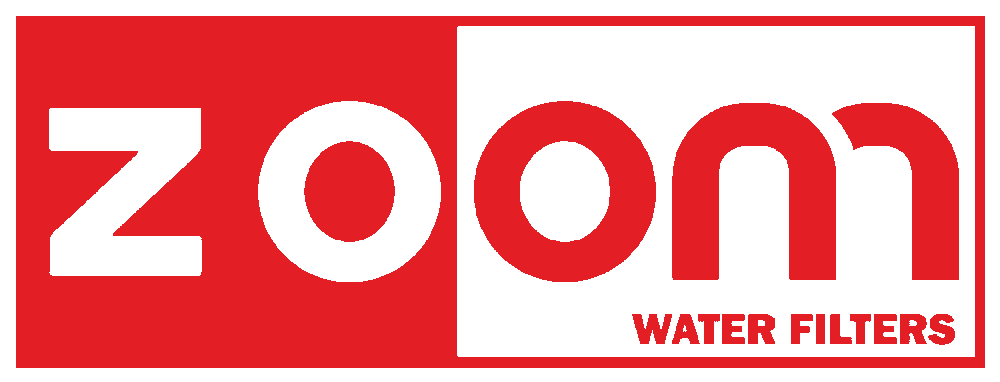

 العربية
العربية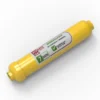
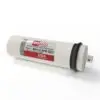
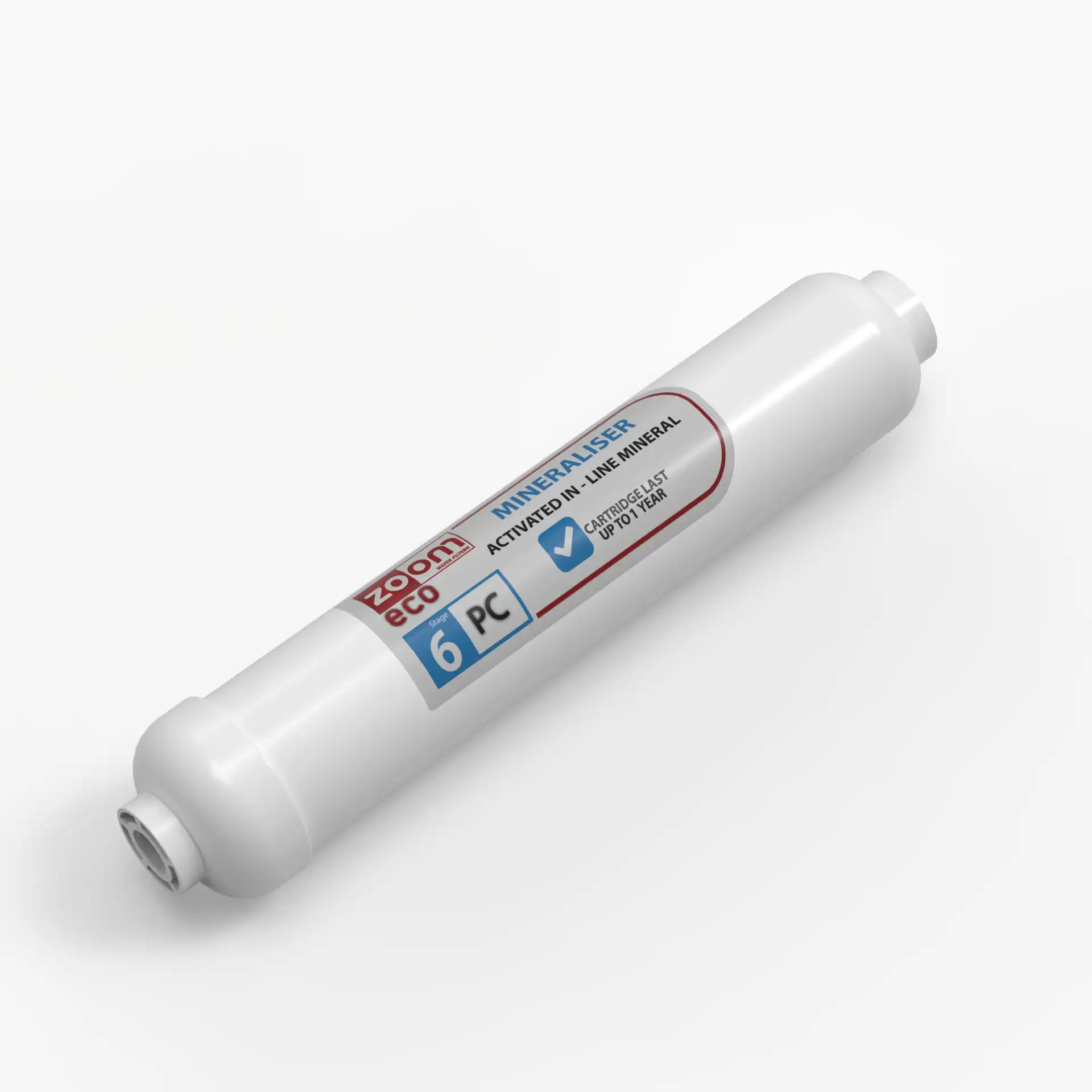
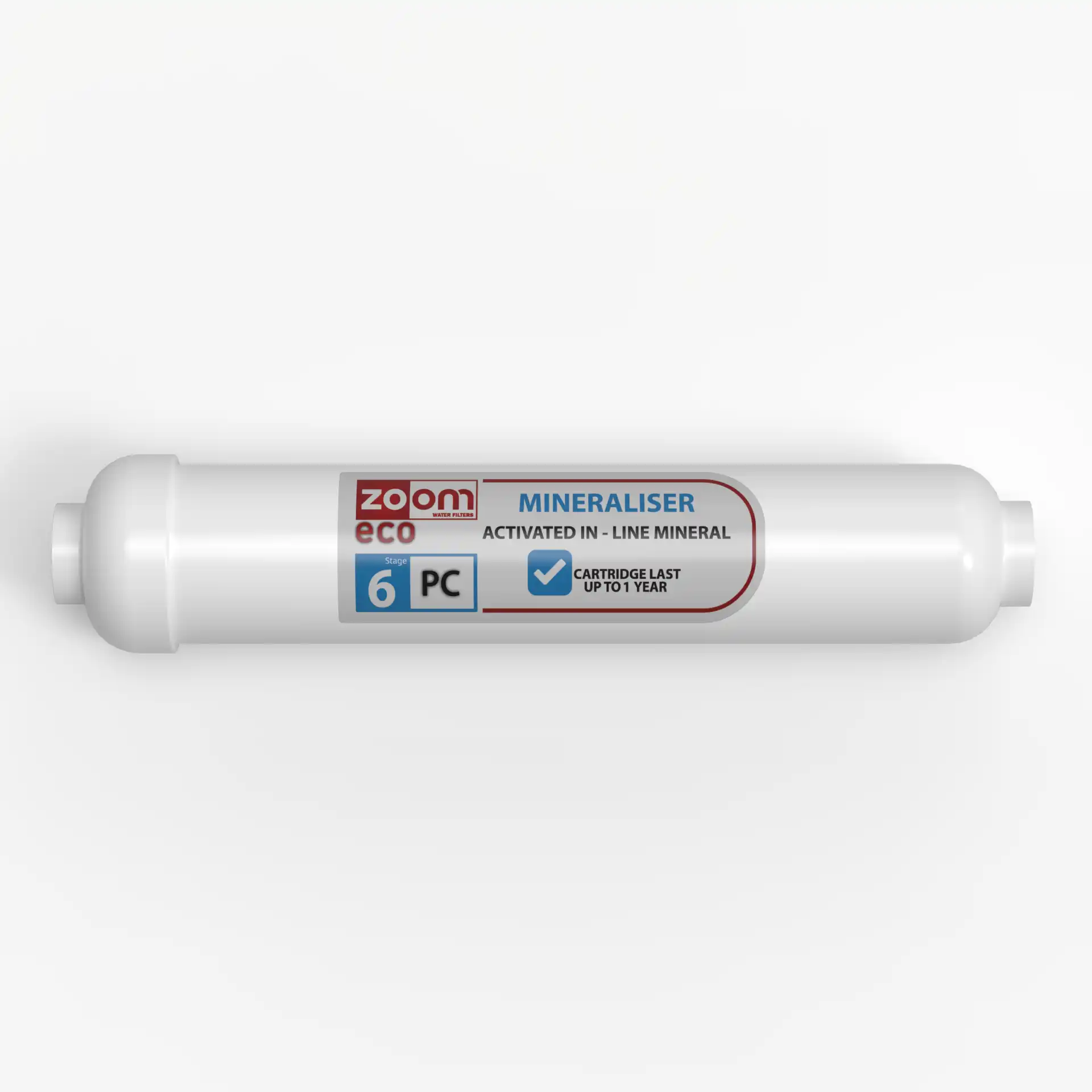
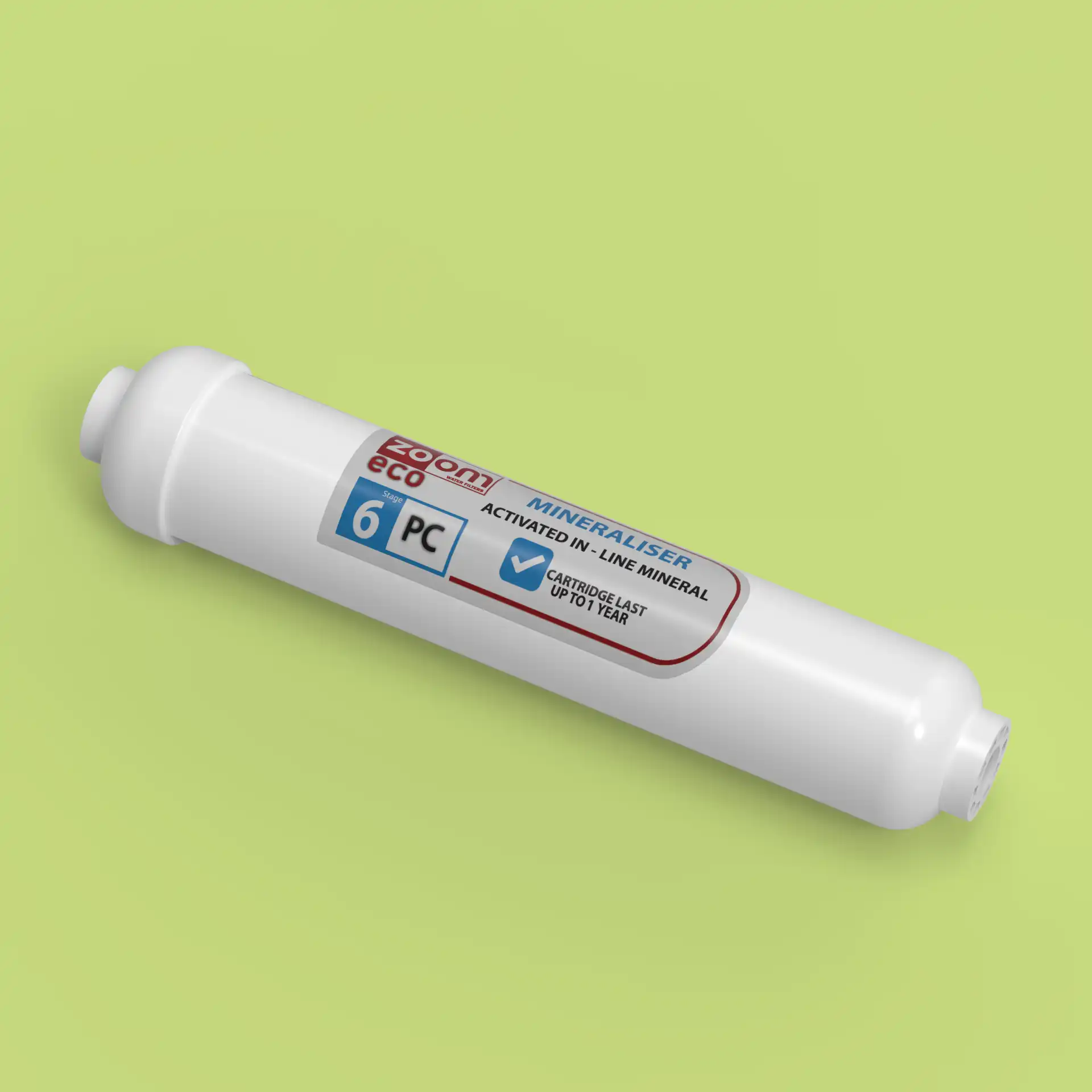
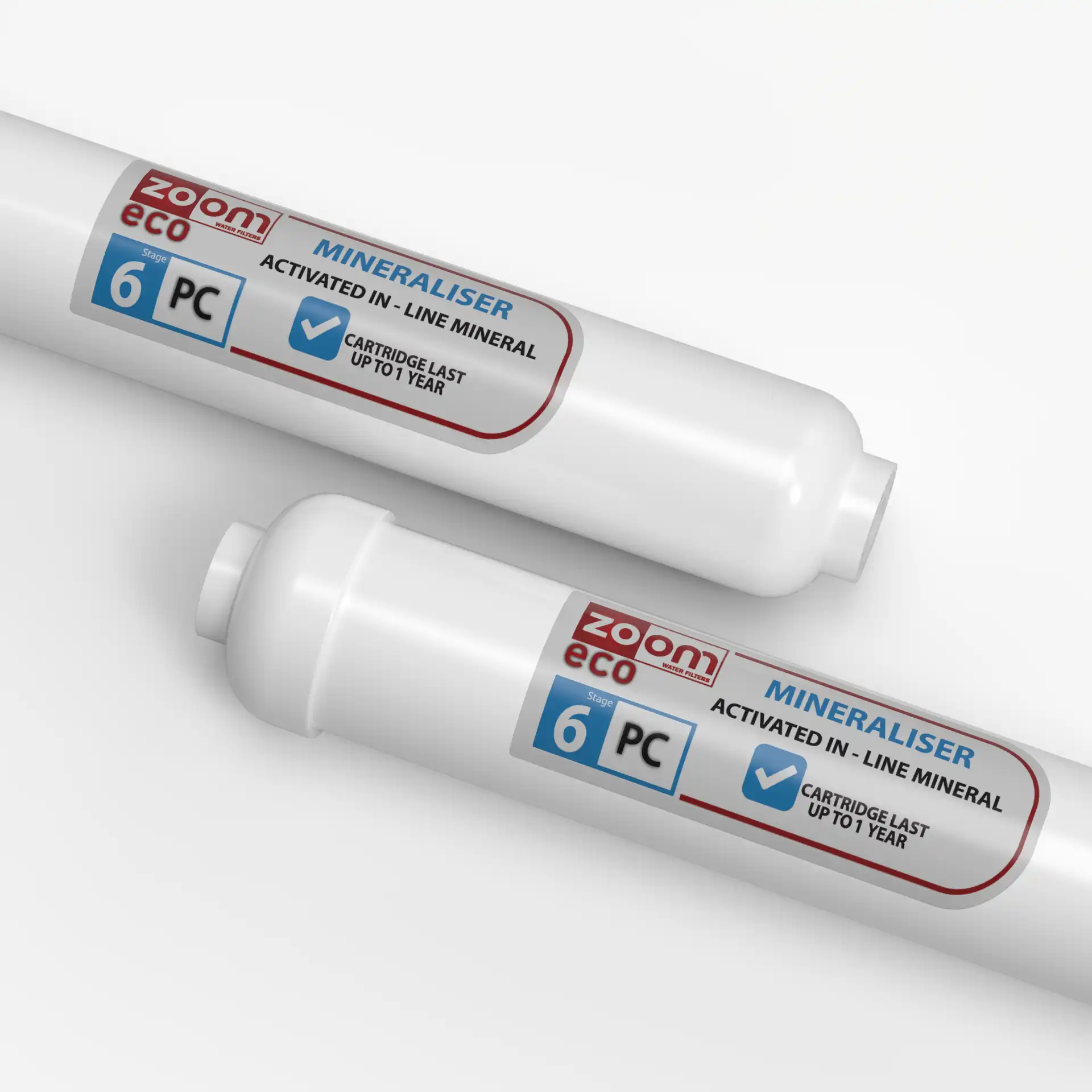
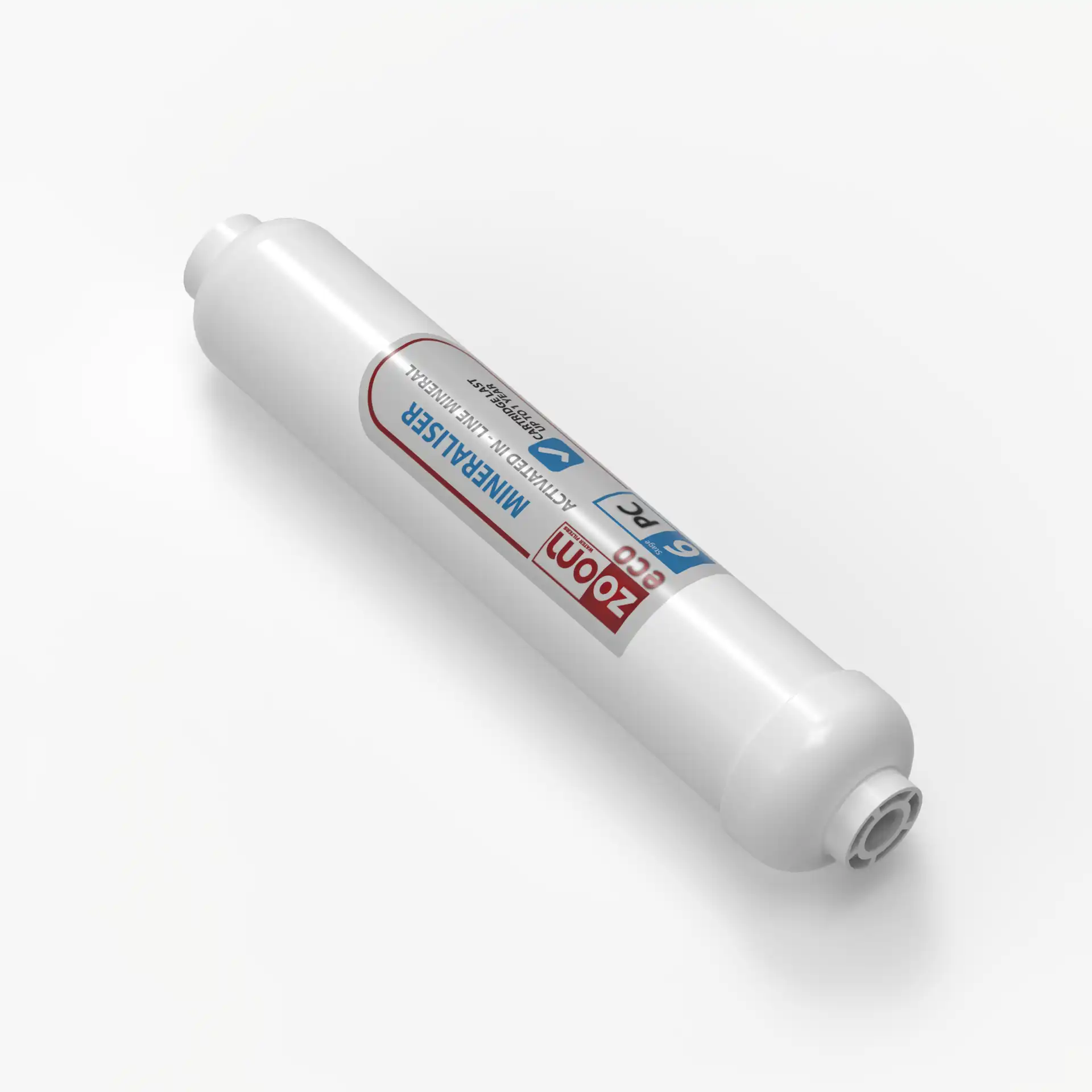
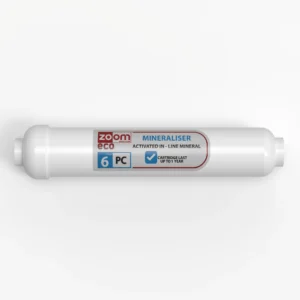
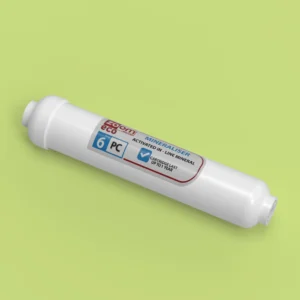
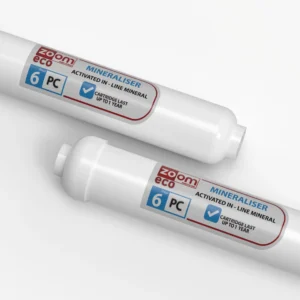
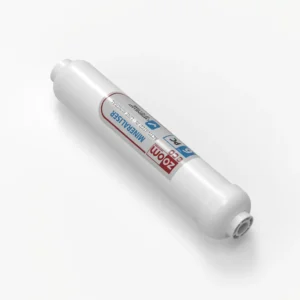

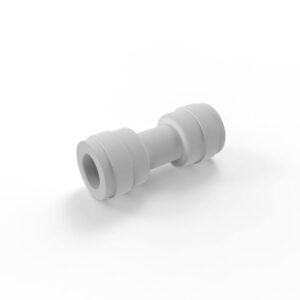

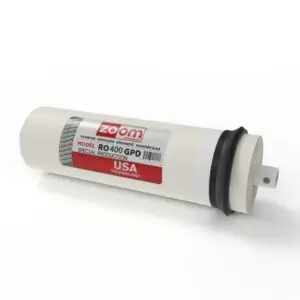
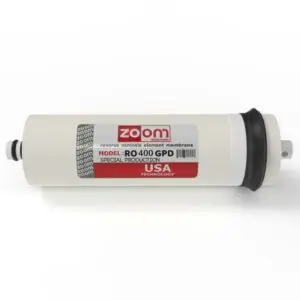
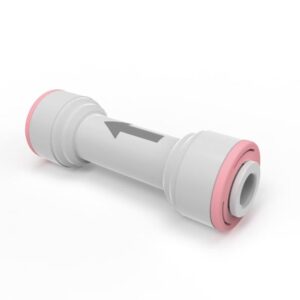
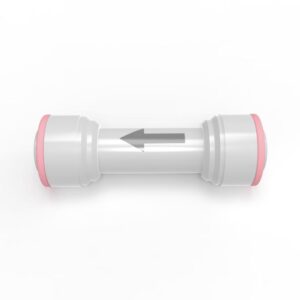
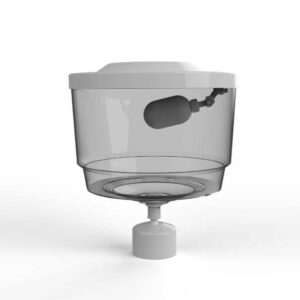
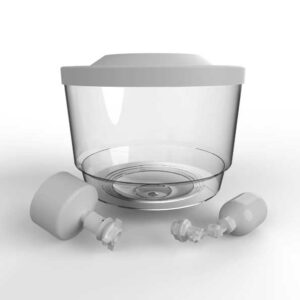
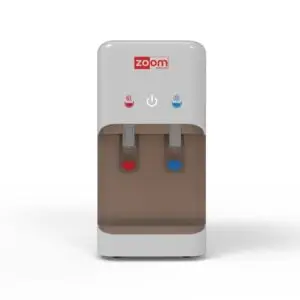
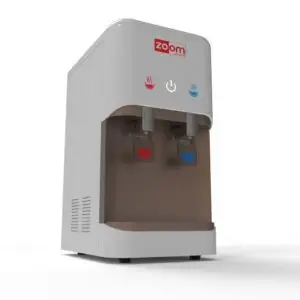
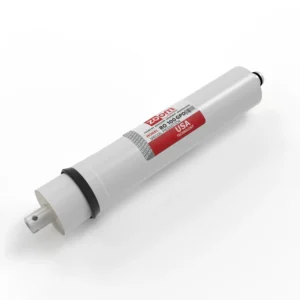
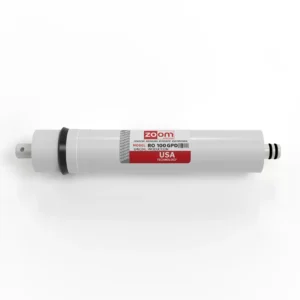
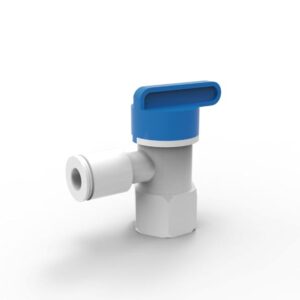
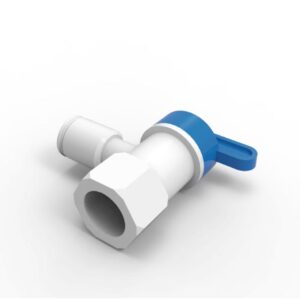
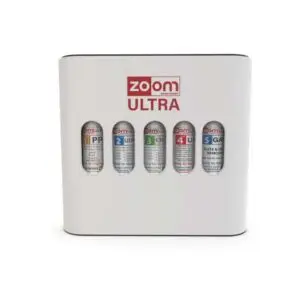
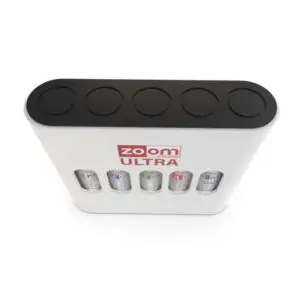
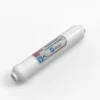
Reviews
There are no reviews yet.